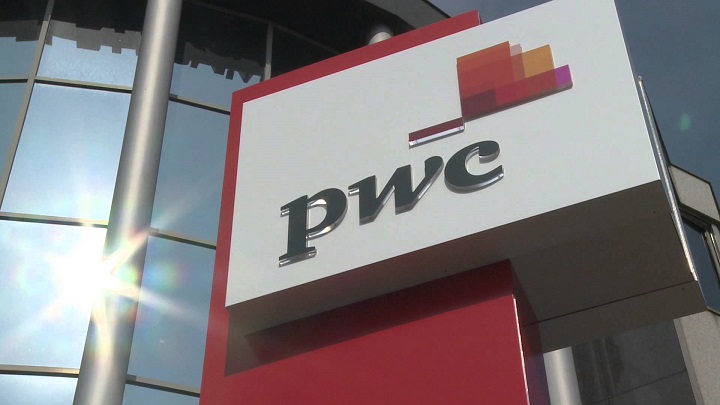A new report has predicted that Merger and Acquisition, M&A in Nigeria and other African nations will rise to $4.5 billion this year. The Global Transaction report obtained by Sweetcrude indicated that total M&A value in Nigeria and other African nations was $4.4 billion in 2017.
The report predicted this to rise to $4.5 billion in 2018, with deal value rising again in 2019 to $5.2 billion before dropping to $3.3 billion in 2020. Kieran Whyte, Head of the Energy, Mining and Infrastructure Sector Group at Baker McKenzie in Johannesburg, said that: “in Africa, greenfield investment continued in the energy sector, particularly in renewables, which was forecast to grow in coming years. The extent of the power deficit across Africa is well known and increasing electricity generation, whether on- or off-grid, across the continent is the focus of a number of initiatives.”
According to AfDB, “to achieve this, 160GW of new on-grid generation and some 75 million new off-grid connections will be needed, through a mix of conventional and renewable energy sources. Complementary initiatives by Power Africa, the EU and other multilateral and development finance institutions will also play a greater role.”
However, Whyte noted that: investment in the energy sector had in some instances stalled due to regulatory and political uncertainty, as well as economic conditions in particular countries in Africa. In South Africa, uncertainty surrounding the country’s future energy policy, the delay in the publication of the Integrated Resource Plan, anticipated additional political changes, as well as financial and governance concerns at the State-owned electricity supply company, Eskom, have all resulted in an uncertain energy landscape and a loss of potential direct foreign investment in the electricity sector.”
Whyte said that it was hoped that under the leadership of new South African President Cyril Ramaphosa investors in the sector would receive the clarity they were looking for, which would act as a catalyst for renewed investor confidence. “The recent appointment of a new Energy Minister, Jeff Radebe is considered to be a positive move in that he is the country’s longest serving continuous cabinet minister, with experience across numerous portfolios.”
In addition, he trusts that changes in leadership at Eskom, and President Ramaphosa’s commitment to finalising mining regulation, closing the fiscal gap, stabilising debt, addressing unemployment and restoring state-owned enterprises to health are all moves that will encourage investment in the sector. “Certainty is also needed across other sectors that rely on the energy sector including the mining, industrial and commercial sectors. “This will restore confidence in South Africa as an investment destination and facilitate direct foreign investment, which will in turn assist in much needed job creation and skills development. It will also be necessary to ensure transparency and integrity in the procurement of all goods and services as well as robust and independent energy regulation.
Government must support and breathe new life into the stalled renewable energy programme, which will be the catalyst for the implementation of other energy programmes. This will ensure South Africa an energy mix that is progressive, capable of meeting customer demands, and that will assist in South Africa discharging its sustainability obligations.” Whyte said clarity was also needed on whether, how and when the South African nuclear programme would go ahead. President Ramaphosa said at the World Economic Forum in early 2018 that the country’s economic situation meant that South Africa could not afford to build a major nuclear plant and this sentiment has been echoed in recent announcements by the Minister of Finance.


